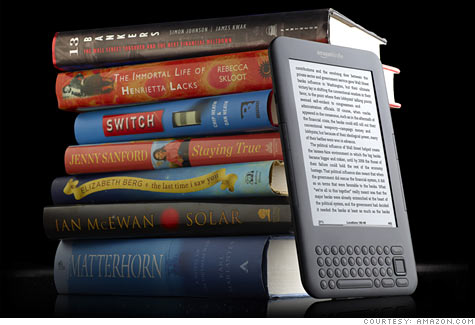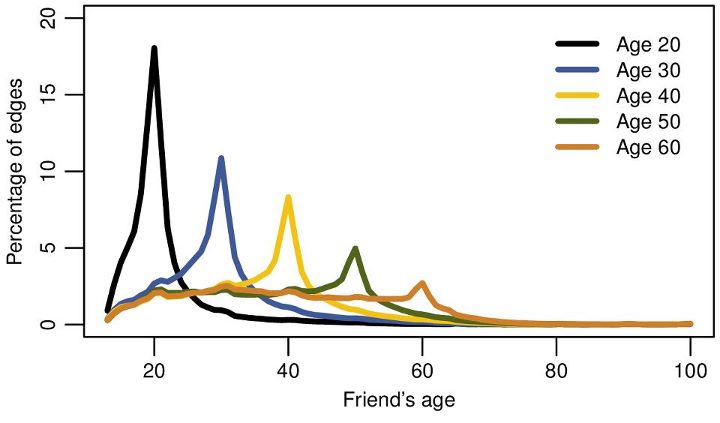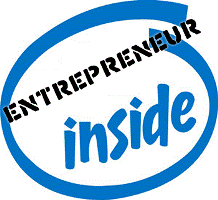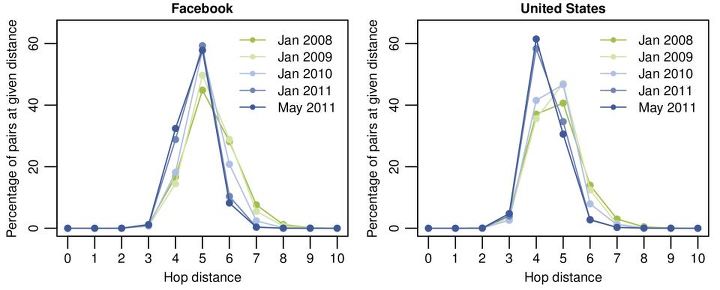The financial world is going through a storm. The balance of economy is shifting. What was not a problem before (sovereign debt) is a problem now. Developed economies are in turmoil. Manufacturing and utility companies suffer. Stock markets undergo shock after shock. Still, the companies that embody the Fourth Revolution, those companies of the internet, do not seem to suffer. They continue to grow.
What happens?
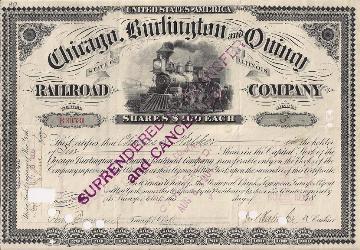
An interesting similar situation happened in the 19th century when the development of railroad redefined the economy and value chain for many products. Many startups were created, that contributed to a fantastic development of the railroad network.
And the stock market suffered shock after shock as the economy adjusted to the new, tremendous value brought by speedy transportation. There were regular crisis, there were regular financial panics, in all developed countries like the US, UK or France. New and old companies collapsed.
Still the railroad networks continued to develop through the successive crisis and the economy really took all the benefit of the economies of scale brought by the Industrial Age.
The fact that the stock market suffers crisis is not just the result of speculation. It is a sure sign that the economy is trying to adjust to a significant shift of the value chain creation.
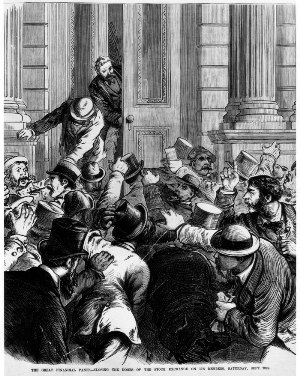
Like it happened in the 19th century, it happens again today. The pictures of the financial crisis of the 19th century remind us of those pictures of today.
The world struggles to adjust to a new balance of value creation, the value brought by the Fourth Revolution. It removes borders; it accelerates exchange of goods and ideas; it changes significantly the value chain by diminishing the relative value of extractive and manufacturing industries.
The current economic crisis is another precursor of the Fourth Revolution. We can help minimize its impact by recognizing that it is an effect of the Fourth Revolution. By leaning into it instead of adopting defensive positions.
Are you ready to shift to the Fourth Revolution value production and diffusion system?



